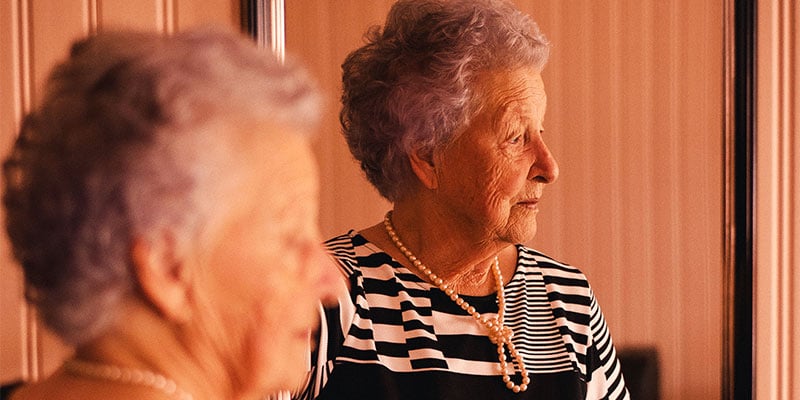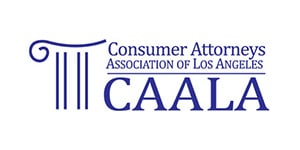We would all like to assume that if someone takes on the role of caregiver, it’s because they want to fulfill that role. Unfortunately, though, the very same people who we expect to provide care and support all too often take advantage of those in vulnerable situations. Elder abuse serves as a prime example.
In instances of elder abuse, the persons or facilities responsible for caregiving of a senior, instead, abuse that senior. Elder abuse cases are particularly heartbreaking because the senior-caregiver relationship should be one built on trust. The older adult should be able to rely on their caregiver(s) to see to their needs and improve their quality of life. Instead, the trust they give is returned with negligence — or worse.






